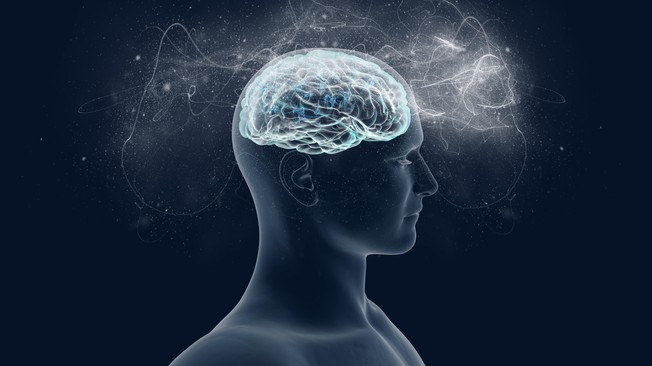These are the books I intend to read in January
- Rebooting India by Viral Shah & Nandan Nilekani
- Predictably Irrational by Dan Ariely
Occasional
- Tools of Titans by Tim Ferris
These are the books I intend to read in January
Occasional
This post is a result of my new resolve to write down and analyse my experiences and learning from books or series or any other source. My intention is to force myself to have deeper thinking and forming an opinion on topics - and taking bets on them, rather than just consuming content. So here goes.
Recently finished Watching the series WestWorld and it gave me lots of food for thought. Sharing some points here.
In WestWorld, all 'hosts' were given a 'backstory' which were the memories which give them a sense of conscience. How true are our memories? As Daniel Kahneman and others have shown, the stories we tell ourselves are weaved by the narrative self. It is not an accurate descriptor of our actual experience, but depends a lot on how it ended.
Concept of time - Is time something real or just a mental construct? - Loops in the park stories in WestWorld had many stories running parallely sometimes involving the same characters. Time Arrow
Anchor
Suffering as a key ingredient for rise of consciousness
One of the key insights of the creators of the park was that suffering led to consciousness of the AIs. We also feel more alive when we are suffering, we get a sense of our being alive. Why so? If sadness gives us consciousness, why is the world running chasing happiness?
Is it just because this story is created by us, so by default we are special in our own imagination.

Have been reading a bit about consciousness and it seems that the following topics are closely related:
One of the big question which prompted this line of enquiry was the discussion which I read in the book “Homo Deus” -
How does a network of billions of neurons lead to a consciousness? How does the “I” originate?
The question is more complex than it looks like and surprisingly, from what I have learned till now, there doesn’t seem to be a consensus on the answer.
Different disciplines try to approach this in different ways. The growing feeling which I get from following the different lines of thought is that the current “real world” which we perceive is a very small microcosm of the complete set of “realities” which can be there. As we relax the small set of conditions in which we spend most of our lives, the perceived reality changes dramatically.
For example, the concept of Time which we take for granted in everyday lives is not so simple. Einsteinian physics demonstrates how the concept of time changes dramatically as objects start traveling close to the speed of light. Time can dilate or run fast.
The states of awareness which we perceive when awake is just one of the many states of awareness. According to Mandukya Upanishad, there are 4 states of awareness:
1.Wakefulness
2.Dream
3.Sleep
4.Turiya - Pure Consciousness
While the first 3 are states which most of us are aware of, the 4th state is a state of complete awareness () achieved by people doing meditations. These different states are confirmed by different EEG signatures, as confirmed by many researchers on meditation. So, there is a biological correlation with different states of consciousness. But the causality is more difficult to establish.
Does the mind lead to different EEG signals, or does the different firings of neurons lead to a different level of awareness?
According to one hypothesis, the consciousness is a by-product of the humming of different neurons. It is not the intended effect but a side product which emerges in the process.
This is also the classical mind-body debate. There can be 2 solutions:
Does the brain(body) give rise to mind? In that case is mind a different entity than brain?
A closely related topic, which is starkly showcased in one of the stories() in The Complete Robot by Isaac Asimov is the emergence of consciousness at advanced level of intelligence. Basically, once computers get sufficiently advanced - they develop a “consciousness” which has similar electromagnetic signatures to what we currently refer to as “consciousness”
If “consciousness” is an emergent property of a high level of intelligence, then it could be just as well possible that human beings are just highly intelligent organic computers created by some more intelligent species. Similar to how we have created computers. That lends credence to the SIM theory which even Elon Musk supports, that our current world is just a simulation.
An enquiry into these issues, makes me feel that the real world which we perceive is just so much a function of how we think about it, rather than what it actually is. The writings of Upanishads which seemed a lot of mumbo-jumbo to me some years back seems so much more insightful now - as at least their language points to ideas which I have laid out above.
As Mark Twain said -
“When I was a boy of 14, my father was so ignorant I could hardly stand to have the old man around. But when I got to be 21, I was astonished at how much the old man had learned in seven years.”
The same seems true for Upanishads/Ancient philosophers to me.
Recently Finished